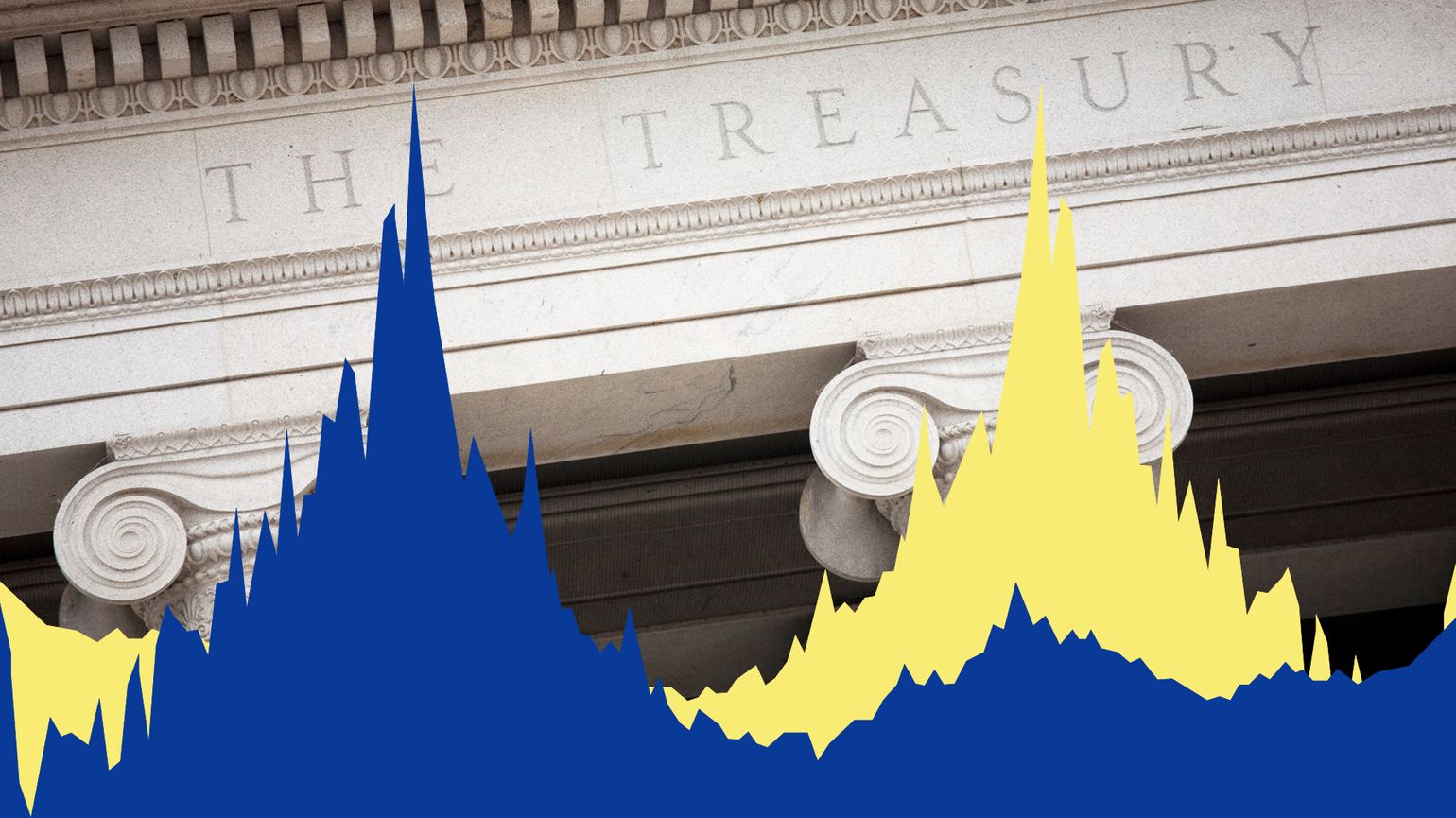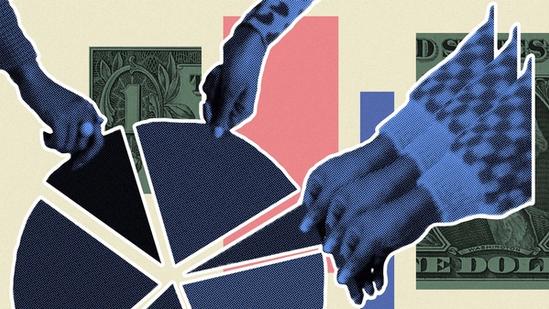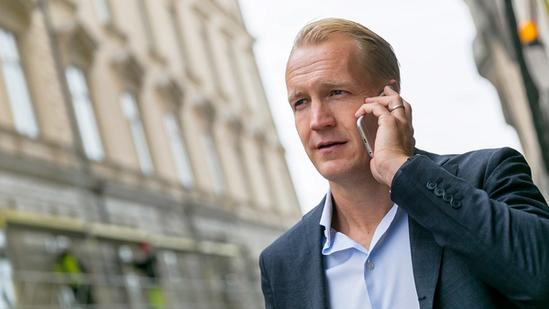How do Interest Rates Impact Private Markets?


With rising interest rates impacting private equity dealmaking, 2023 saw a significant downturn. However, as inflation stabilizes and rate cuts loom, experts predict a promising rebound for private equity in 2024. But what opportunities lie ahead for savvy investors?
- High interest rates in 2023 led to a 60% slump in private equity deal value.
“Be greedy when others are fearful,” Warren Buffett once wrote. His mantra on market sentiment, penned in the depths of the global financial crisis, is disarmingly simple: bargains can be found in even the toughest investment environments.
It is fair to say that 2023 was a tough environment for private equity dealmakers.
Against a backdrop of stubbornly high inflation and a sharp rise in interest rates, private equity deal value slumped by 60% globally compared with the peak of 2021, to $438 billion, as volume dipped by 35%, exit values slipped by 66%, and the number of fund closes fell by 55%.
A hangover in the first quarter of this year saw deal value drop lower than in any quarter of 2023.
But sentiment for the remainder of 2024 is strong. With inflation now stable, forecasts have solidified around the timing of US interest rate cuts, which are seen as a precursor to a broad turnaround in private equity dealmaking.
There is also chatter about high-quality deal opportunities in play today — for those brave enough to take them.
The end of an era of cheap debt
When Buffett’s mantra was published in ‘The New York Times’ in October 2008, the US Federal Reserve was midway through slashing its base interest rate to almost zero, from 5.25% in the summer of 2007.
Fourteen years of ultra-low interest rates would follow, bringing cheap debt to fuel dealmaking of all forms.
By the summer of 2023, the low-rates, cheap-debt era had come to an abrupt end.
Between March 2022 and July 2023, the Fed raised its base rate from 0.25% to 5.5%, where it has remained. Central banks across the world shadowed the Fed’s hikes.
With debt now comparatively expensive — albeit only as expensive as it was before the 2007-08 crisis — private equity dealmaking is in a very different place.
Buyout funds that require large amounts of leveraged debt to do deals are in a tight spot. Indeed, funds that require any sort of debt to fund transactions will spend more today on finance costs than they would have a few years ago.
Meanwhile, investors cannot rely on the near-guarantee they had in the low-rates era that the valuations of their portfolio companies will expand year-on-year regardless of the fundamentals.

Depressed valuations offer buying opportunities
Growth equity and venture capital investors with cash to deploy are perhaps best placed to take inspiration from Buffett’s mantra.
For one, they do not usually use debt to fund deals. The start-up market is also looking increasingly attractive after a period of recalibration.
The average “discount rate” on a start-up — a valuation metric tied to its cash flow and debt costs — has risen as interest rates have climbed.
As financing costs and deal risk have increased, investors have been able to demand greater protection for their investments in the form of enhanced deal terms. These factors have pushed down start-up valuations across the board — which is good news for buyers.
Meanwhile, the end of the cheap debt era has forced start-ups to look inward to boost their fundamentals and improve operational efficiency.
Among other things, many are cutting cash burn. This enhanced operational discipline is likely to enhance intrinsic value in the medium to long term.
Light at the end of the tunnel?
At the start of the year, the consensus among economists was that the Fed would begin cutting its base interest rate in the summer.
The consensus now is that the first of two cuts this year will come in September. As such, debt-fuelled dealmaking is likely to remain trickier for longer.
But sentiment about dealmaking broadly is positive. A recent survey of leading private equity fund managers found that 68% expected higher deal volumes in 2024 compared with 2023.
Indeed, there is plenty of cash available to fund disciplined dealmaking.
Although private market fundraising dipped by 22% globally in 2023, reserves of dry powder — undeployed but committed capital — rose for the ninth year in a row, to $3.7 trillion.
Private equity buyout funds actually had their best fundraising year on record in 2023.
And after a sluggish first quarter this year, April saw the value of private equity and venture capital deals jump to $65.1 billion — a gain of 65% year-on-year.
ThinQ is the must-bookmark publication for the thinking investor.



